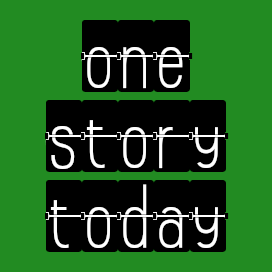During the pandemic most people I knew who lived alone, myself very much included, on average showered only about once every three days. We didn’t need to, really. We all stayed in our homes for the most part, far away from the noses of others, and not at all minding that all of our bathrobes, hoodies and PJs were coated with an oily dusting of chip flakes and half-dried remnants of the sauces in which we slathered our frozen foods, in order to make them taste like something we wanted to eat.
Although our pandemic diets were making our sweat and our farts smellier and longer-lasting, we found ourselves able and indeed willing to tolerate our own odors for hours and even days at a time. But when finally we ran out of our sauces, cheeses and chips, our pastas, loaves and our juices, only then did most of us begin considering the grim necessity of cleaning our bodies.
Only then did we turn ourselves towards the rooms in our apartments and our homes that were covered in tile and glass, rooms with sheer surfaces that could be soaked down with our filth and later easily restored to smoothness, to a pristine luster. Less so our own bodies. Our entrapped bodies, along with our minds, had been steeping in their own ruminations. They could only be cleaned with effort. But our bodies wanted to stay wild and free, to keep trying with no success to send their olfactory signals across to our fellow humans, as if we were somehow not separated by brick buildings and concrete walls. As if we were all together again back in the forest, where all we needed was a stream and a soft place to lie down.
Our bodies resisted being cleaned, but we knew we had to perform these ablutions in order to go to the grocery store without putting the fabric of society into danger, a fabric worn see-through thin over these many difficult months. So we took our washcloths, our loofahs and our back brushes, and we did our necessaries.
Later, sheathed in clean fabrics, we wondered why the transition had been so difficult. After we had returned home with our bounties, groceries we had liberated with such effort on the battlefield of clashing shopping carts, awkward glances and deep frowns hidden behind masks – after all that, we did what humans do, what we are so good at doing: we forgot.
Amid the newly opened and quickly emptied bags and canisters, we put the pain of transition behind us again. We dug another hole in the pitted graveyard of our minds to bury the traumas once more. Now smiling, our faces smeared with tomato sauce, we launched ourselves anew into the fantasy (or is it a memory?) of a world in which our faces are bare and we have more than enough cookies and chips, enough frozen dinners, juice and pepper flakes, to last us until we are free again.
